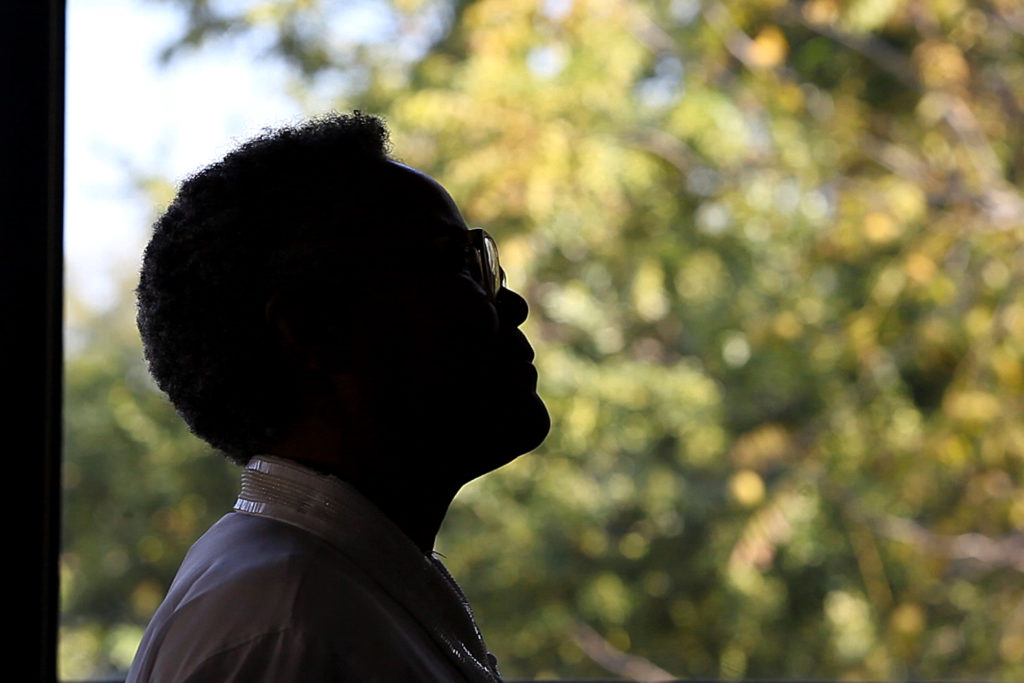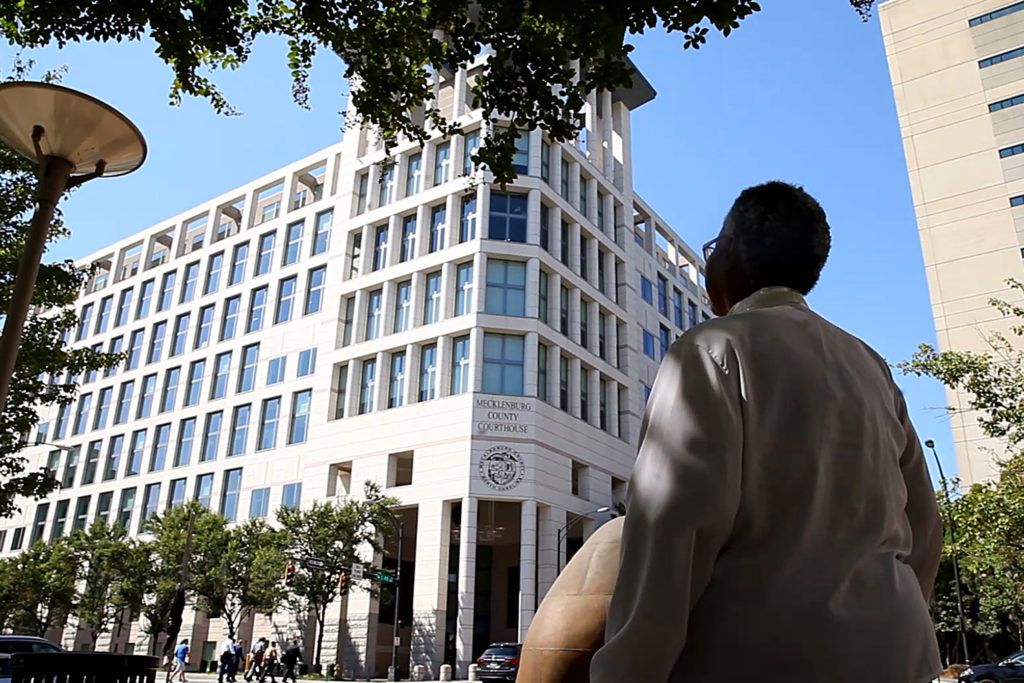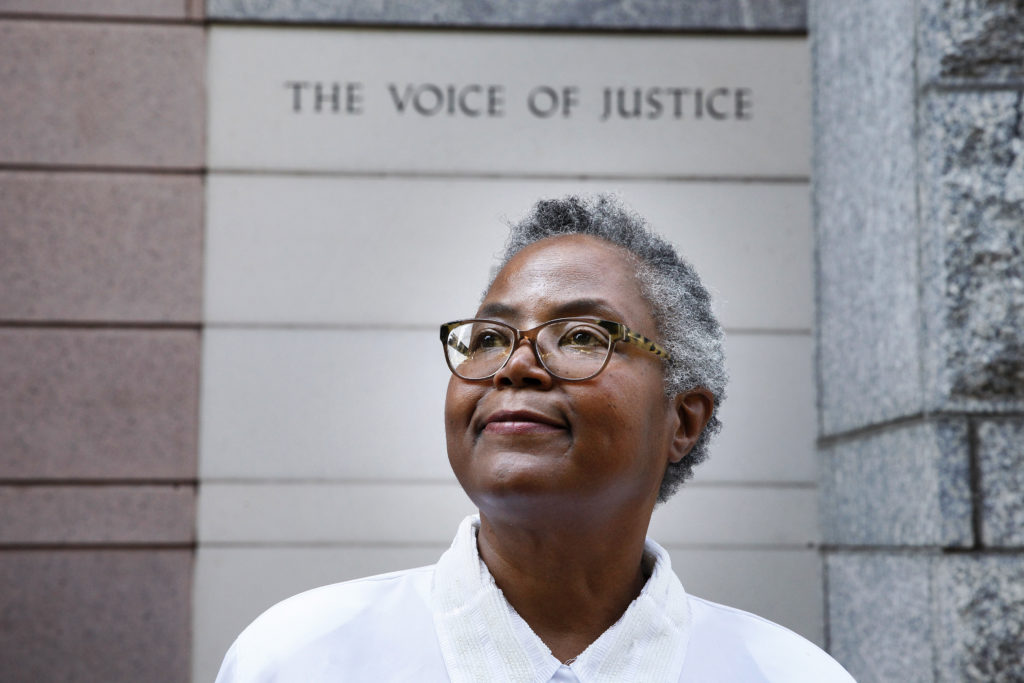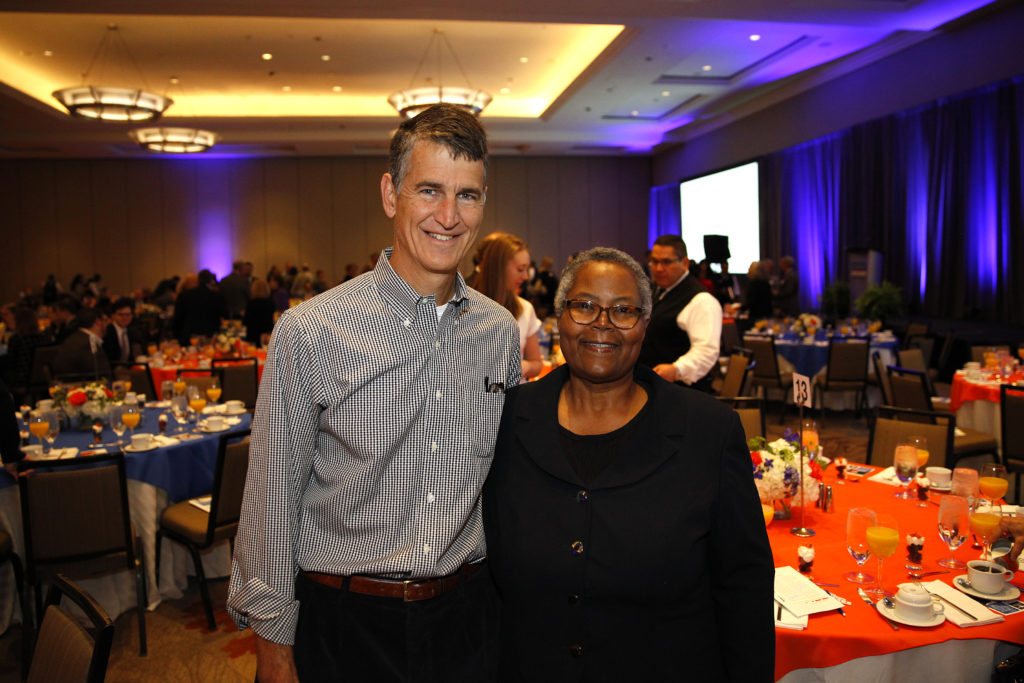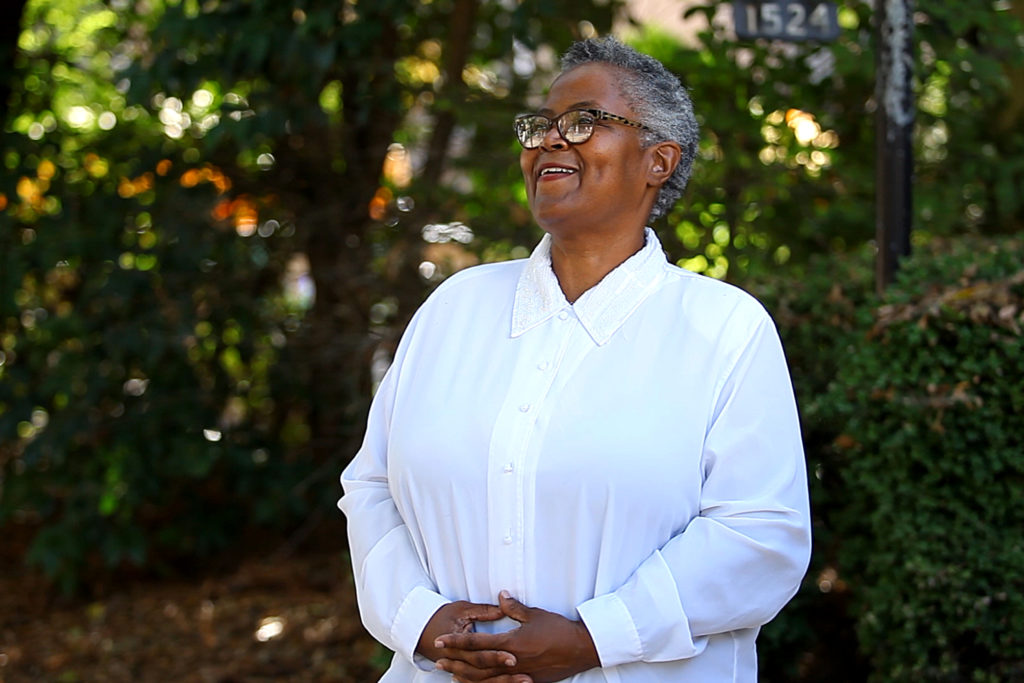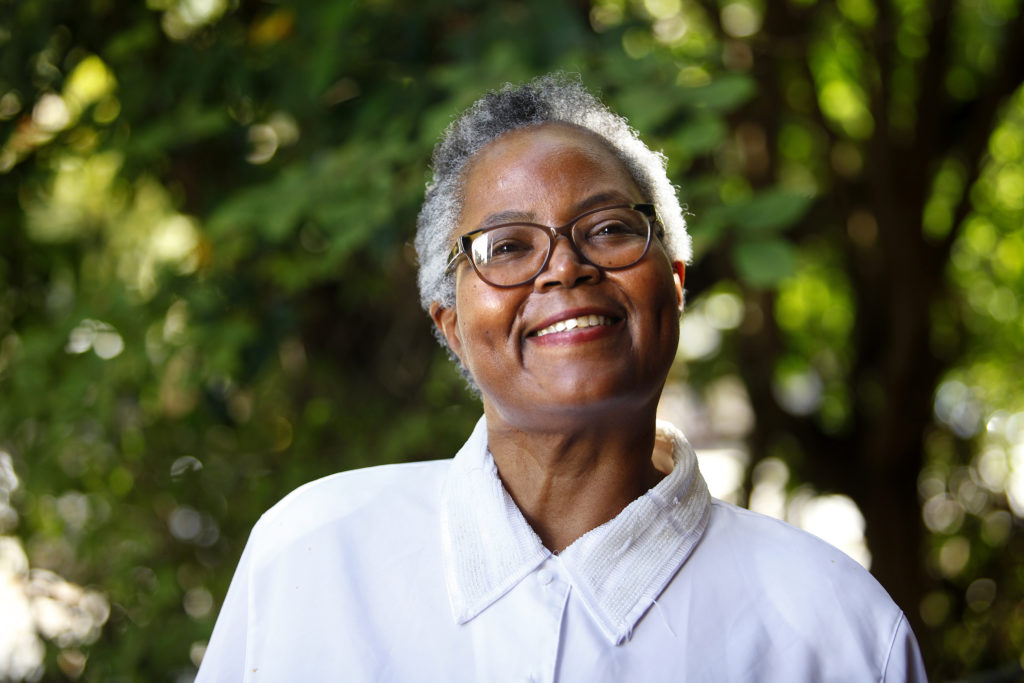In December 2017, Denise’s life fell apart. Her daughter and grandchild were murdered, and the resulting shock and grief were overwhelming, making it even more difficult to deal with the stresses of her life.
Her hours had already been cut back at her job as a pharmacy technician. She had to take unpaid time off to attend the funerals and additional time to grieve.
“I went back eventually, but it just wasn’t the same,” Denise said. “I didn’t want to be around anyone. I just wanted to stay in bed.”
Everyday tasks were a struggle. She dreaded having to interact with customers and had a hard time remembering how to do basic aspects of her job.
“I felt useless.”
A doctor ultimately diagnosed her with post-traumatic stress disorder.
Because she couldn’t function, she called out from work often, which meant more unpaid time off. She fell behind on her bills and rent. She paid her rent when she could as well as extra toward what she owed, trying to catch up.
“It’s not that I didn’t want to pay my rent and everything. I had just gotten behind due to life.”
She explained why she was behind to her landlord, but her landlord told her she should have given notice sooner and that the grace period for her late rent had passed.
“I was trying to work with them along with all of the other stuff that was going on,” Denise said.
But it wasn’t enough, and her landlord filed an eviction against her. She tried to fight it on her own, going to court numerous times over the course of a year.
“I wanted to give up,” she said. “I was contemplating not being here anymore. It was just so overwhelming. I just couldn’t take it anymore.”
Being in court against her landlord’s attorney was intimidating. In the courtroom, she was surprised to see so many people in situations just like hers, trying to keep their homes, constantly running into roadblocks. Having experienced homelessness in Charlotte before, Denise knew how easily a stable life could unravel.
“My heart went out to those people—it’s heartbreaking,” she said. “I probably would have ended up back at the shelter again or living out of my car until I could get back on my feet.”
A call to Legal Aid of North Carolina changed her outcome. Finally, Denise had someone supporting her in court.
“Someone was in my corner. My attorney kept me abreast of what was going on. That was encouraging.”
After more than a year of trying to fight her battle alone, Legal Aid helped Denise get a judgment in her favor, allowing her to remain in her home where she can focus on improving her emotional health.
“Legal Aid is a godsend. I was going through so much emotionally. I just can’t thank them enough. I’m so thankful.”
Give today. Change tomorrow.
Join the movement to build a more just community in which all know stability and are empowered to find opportunity.
Support the Access to Justice Campaign.
